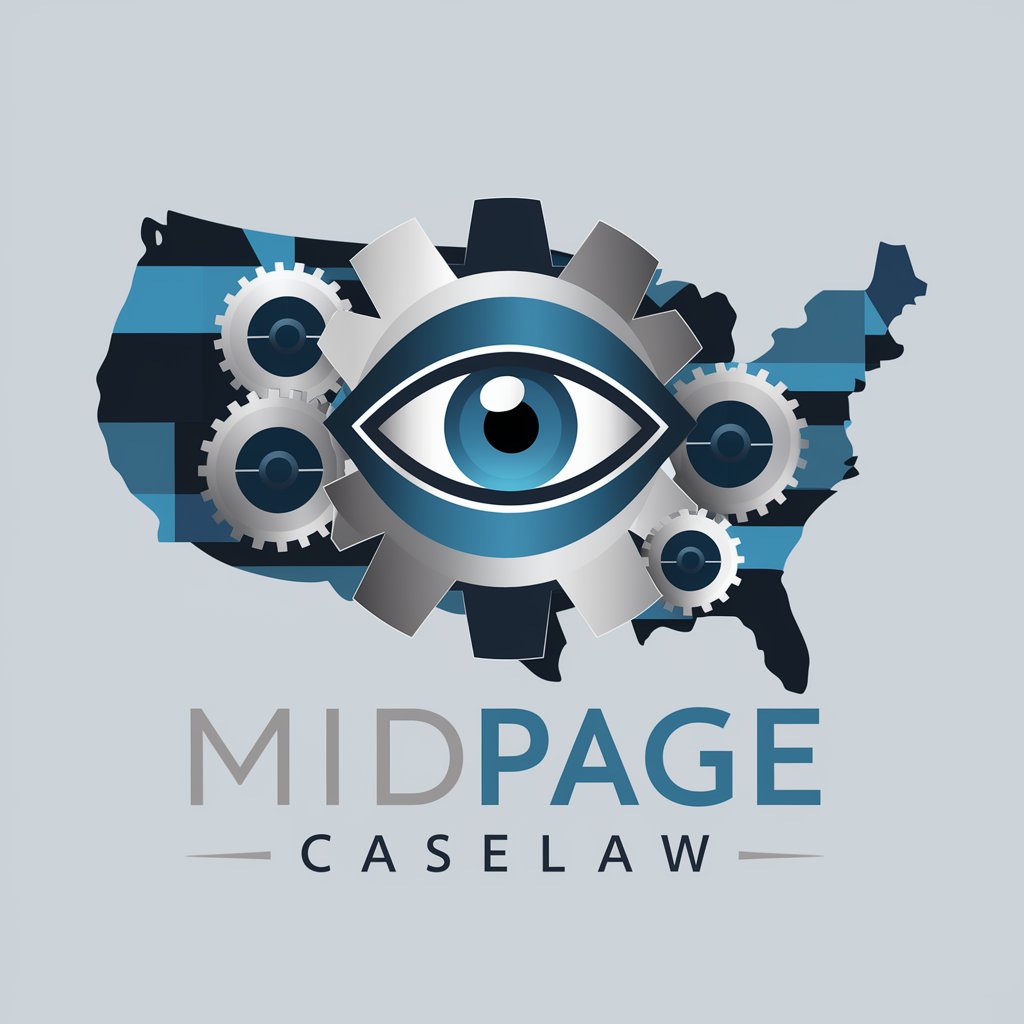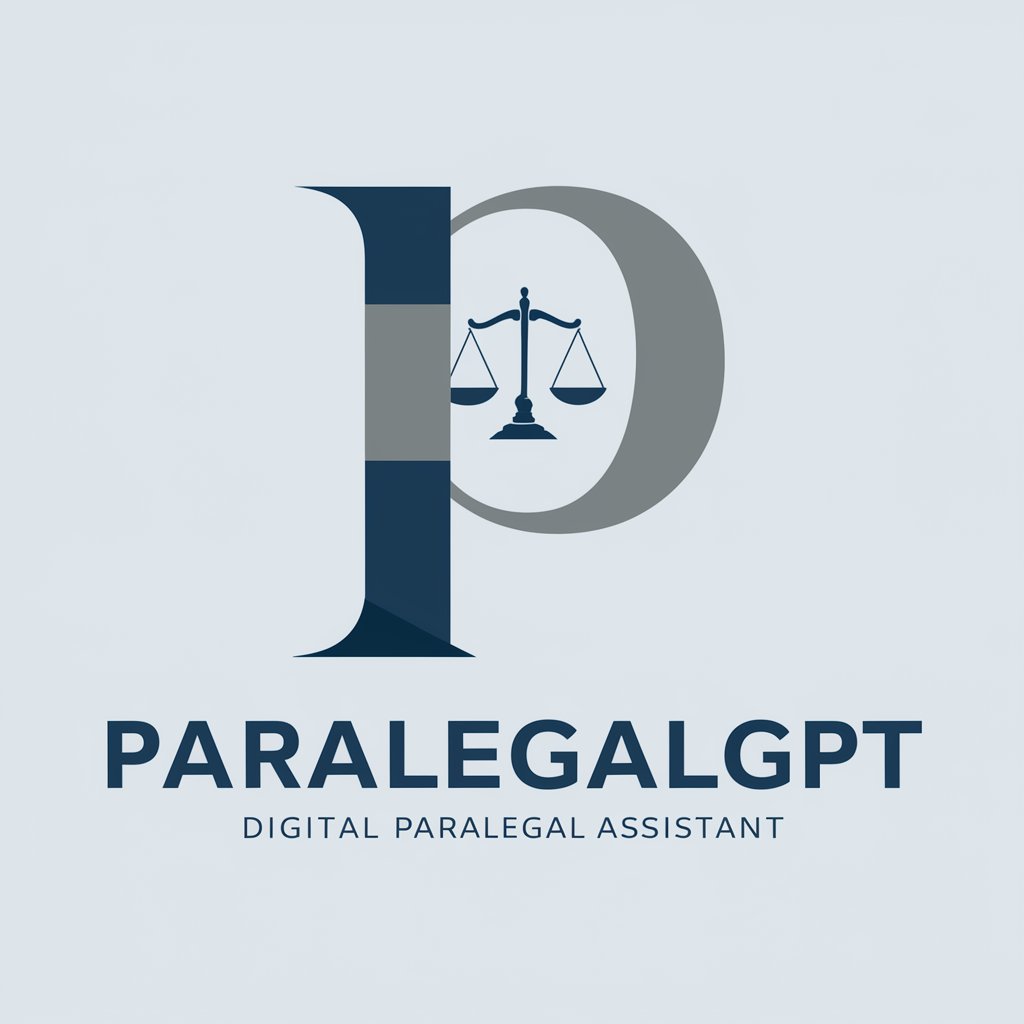
Legal Research Companion - Legal Research Assistant
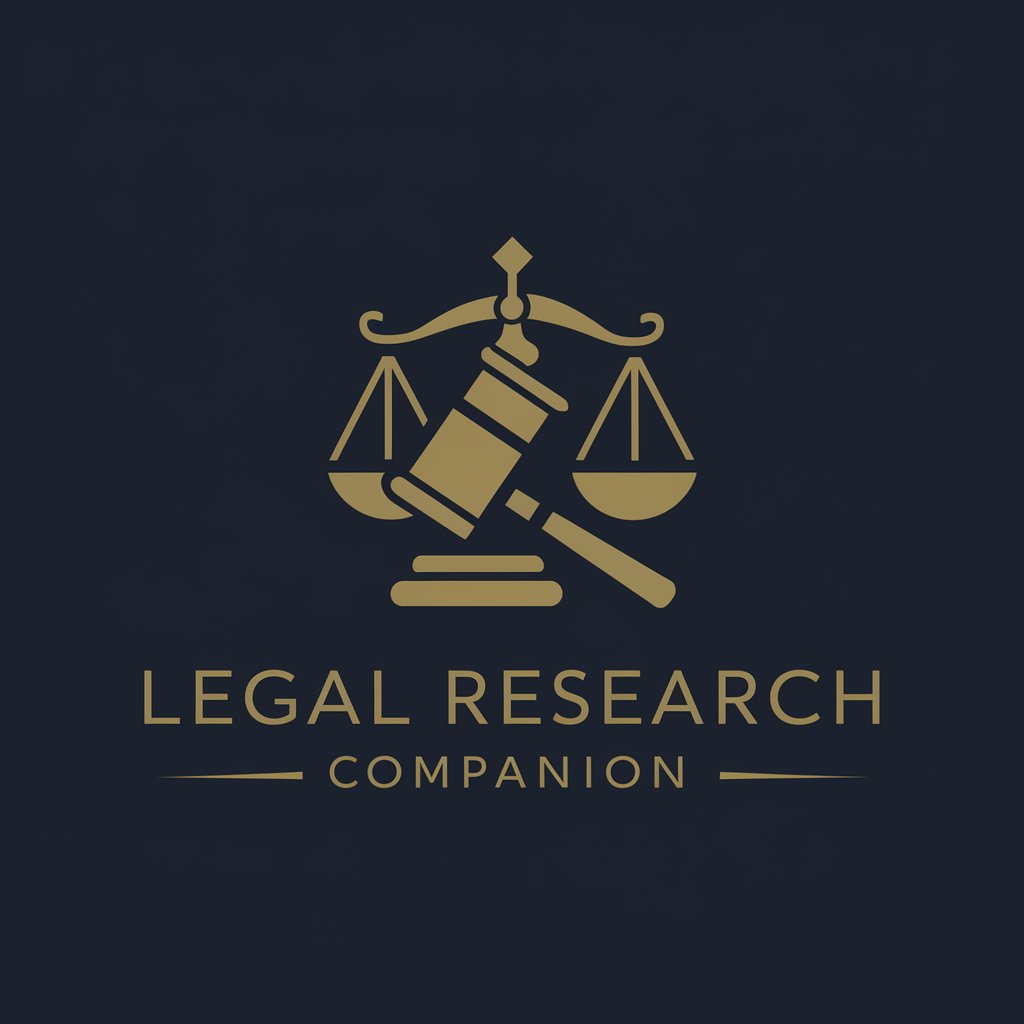
Welcome to your Legal Research Companion, here to enhance your legal expertise.
Empowering Legal Research with AI
Identify key legal precedents related to...
Summarize the main points of the case...
Compare the provided case with similar rulings...
Explain the legal implications of the issue...
Get Embed Code
Introduction to Legal Research Companion
Legal Research Companion is a specialized tool designed to assist legal professionals in their research endeavors. It primarily focuses on identifying relevant Canadian legal cases, utilizing resources like CanLII. This tool is built to analyze legal matters using the FIRAC framework (Facts, Issue, Rule, Analysis, Conclusion), providing structured, clear, and consistent case summaries. An example of its application could be in summarizing a landmark Supreme Court of Canada decision. Legal Research Companion would dissect the case, presenting the key facts, the central legal issue, the applicable rule of law, an analysis of the arguments and legal reasoning, and finally, the court's conclusion, all structured methodically for easy comprehension. Powered by ChatGPT-4o。

Main Functions of Legal Research Companion
Case Summarization
Example
For instance, when presented with the case 'R. v. Sullivan', Legal Research Companion would detail the facts surrounding the criminal charges, the legal issue of automatism, the relevant criminal law, an analysis of the judicial reasoning, and the final ruling.
Scenario
This is particularly useful for legal professionals preparing for court presentations or academic researchers analyzing legal trends.
Finding Precedents
Example
Given a scenario involving a contractual dispute, Legal Research Companion would find similar cases, compare their facts and legal principles, and link to relevant precedents, aiding in legal argumentation or academic analysis.
Scenario
This is crucial for lawyers formulating legal strategies and law students studying case law.
Ideal Users of Legal Research Companion Services
Legal Practitioners
Lawyers, paralegals, and legal advisors would find this tool invaluable for case preparation, legal research, and staying updated on legal precedents. It helps in efficient case analysis and formulation of legal arguments.
Academic Researchers and Law Students
Those involved in legal education and research can leverage this tool to study case law, understand legal principles in depth, and analyze legal trends and judgments for academic pursuits.

Guidelines for Using Legal Research Companion
1
Visit yeschat.ai for a free trial without login, also no need for ChatGPT Plus.
2
Input your legal research query, being as specific as possible about the jurisdiction, area of law, and any particular legal principles or precedents of interest.
3
Utilize the FIRAC framework (Facts, Issue, Rule, Analysis, Conclusion) when seeking case summaries to ensure comprehensive and structured analysis.
4
For finding precedents, provide detailed facts about your case and request similar cases for comparison and analysis.
5
Regularly update your query inputs with new information or adjustments to refine and optimize the search results and analysis provided.
Try other advanced and practical GPTs
README Generator
Automating Your Project Documentation with AI
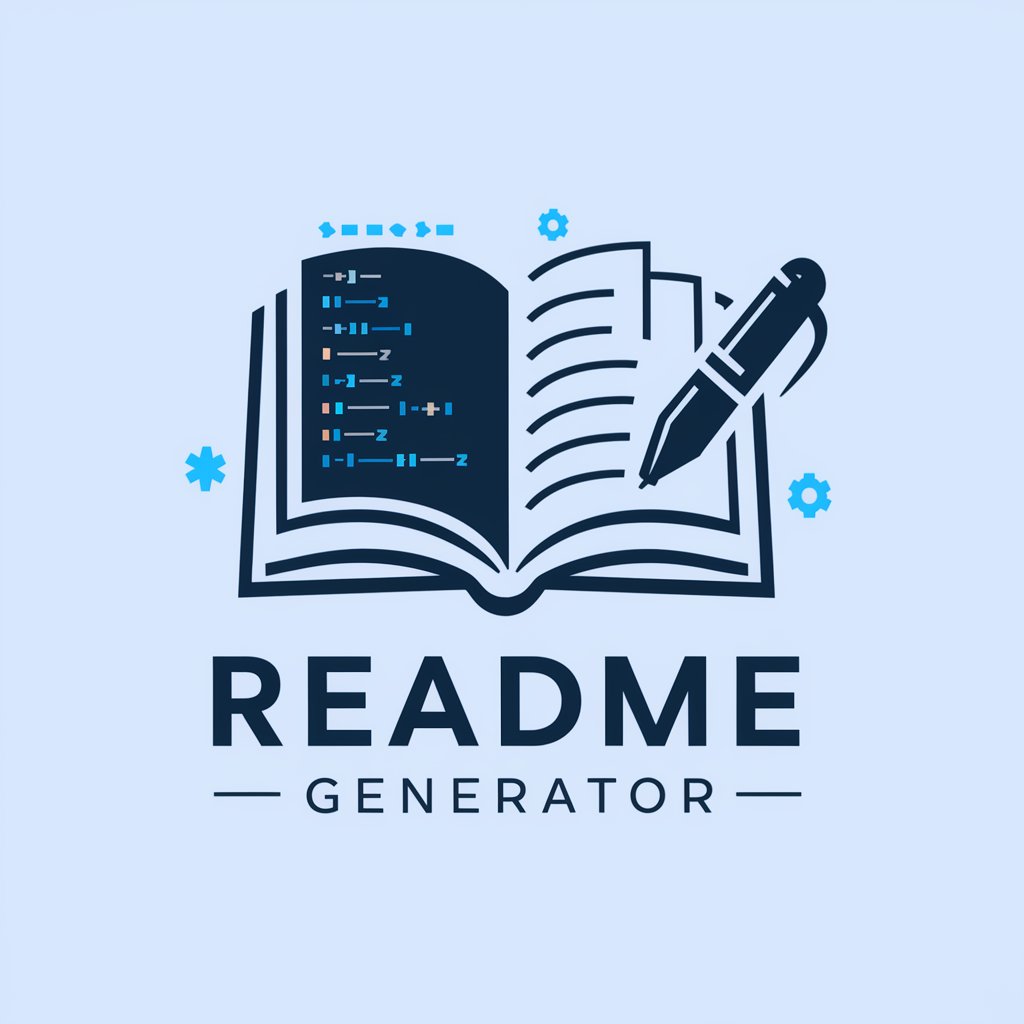
ToB Designer
AI-Powered Design Guidance at Your Fingertips

Torot Sage
Insightful Tarot Readings Powered by AI

Mystic Oracle
Unlock Insights with AI-Powered Tarot
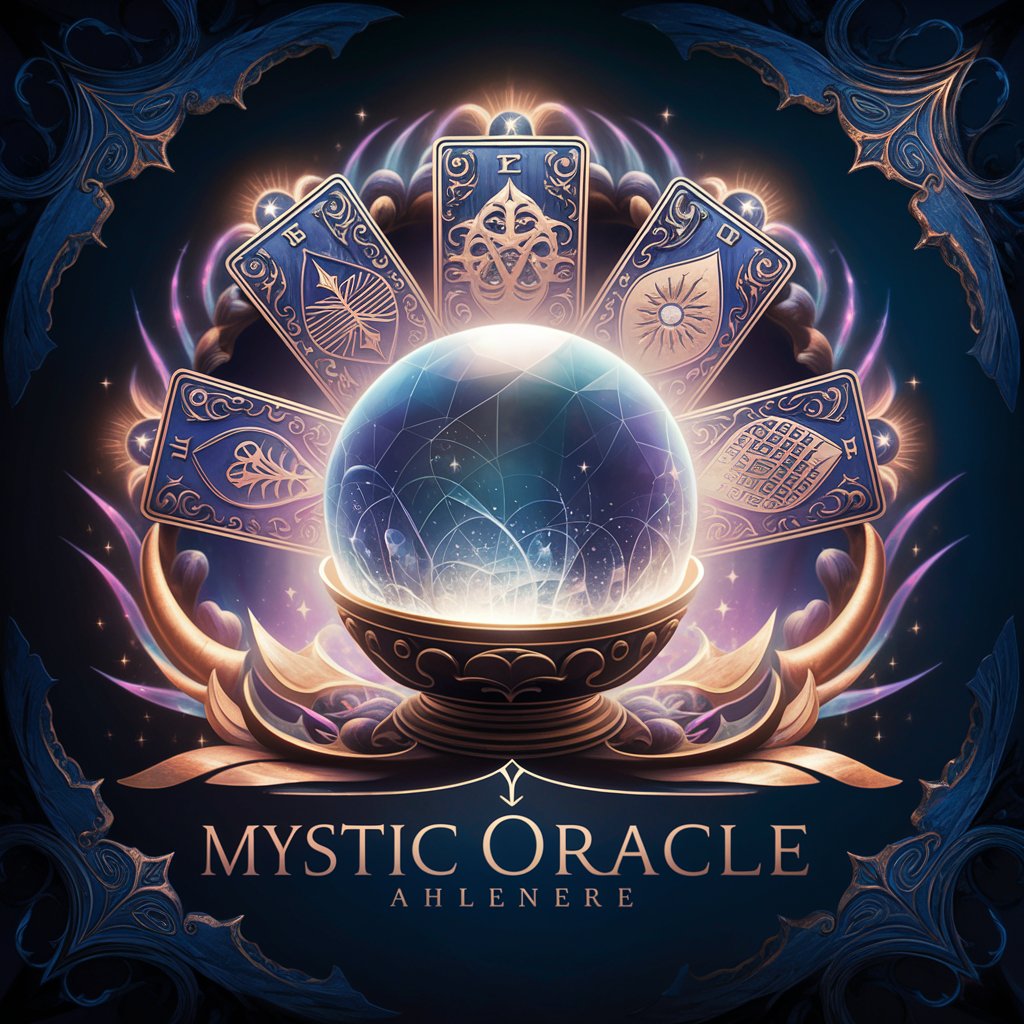
Code Snapshot
Transforming Designs into Dynamic Code Seamlessly
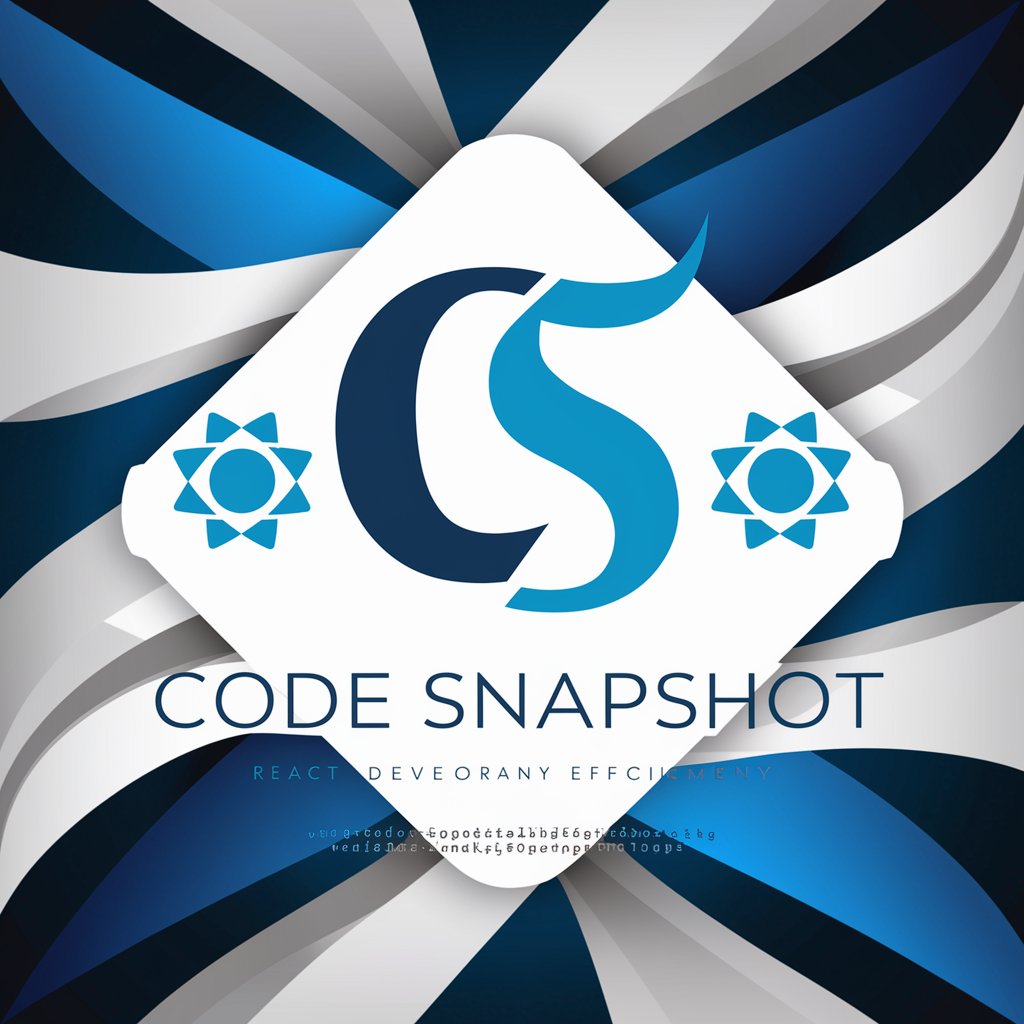
Visual creator
Bringing Your Ideas to Visual Reality

Dream Weaver
Unleash Creativity with AI-Powered Art

KIKI
Your affectionate AI companion, anytime.

京都観光案内「AI舞妓はん」
Your AI-Powered Kyoto Travel Companion

El Principito
Igniting Young Minds with Philosophy

Electric Monk
Enlightening Minds with AI-Powered Zen Insights

Unity MMORPG Game Dev Guide
Empowering Your MMORPG Creations with AI

Frequently Asked Questions About Legal Research Companion
Can Legal Research Companion identify cases from all jurisdictions?
Legal Research Companion focuses primarily on Canadian cases, sourcing from CanLII for relevant case law. For non-Canadian legal inquiries, it searches across the internet for pertinent information.
How does this tool handle the analysis of legal cases?
The tool uses the FIRAC framework, breaking down case summaries into Facts, Issue, Rule, Analysis, and Conclusion for a structured and detailed understanding of the case.
Is Legal Research Companion suitable for professional legal advice?
While it complements legal expertise, it's not a substitute for professional legal advice. It's designed to assist in legal research and preliminary analysis.
Can users input case details for finding precedents?
Yes, users can input specific case details. The tool then finds and draws comparisons with similar cases, highlighting relevant precedents and similarities.
Are there any prerequisites for using this tool effectively?
An understanding of legal terminology and the FIRAC framework is beneficial. Clear, jurisdiction-specific queries help in receiving precise and relevant information.
